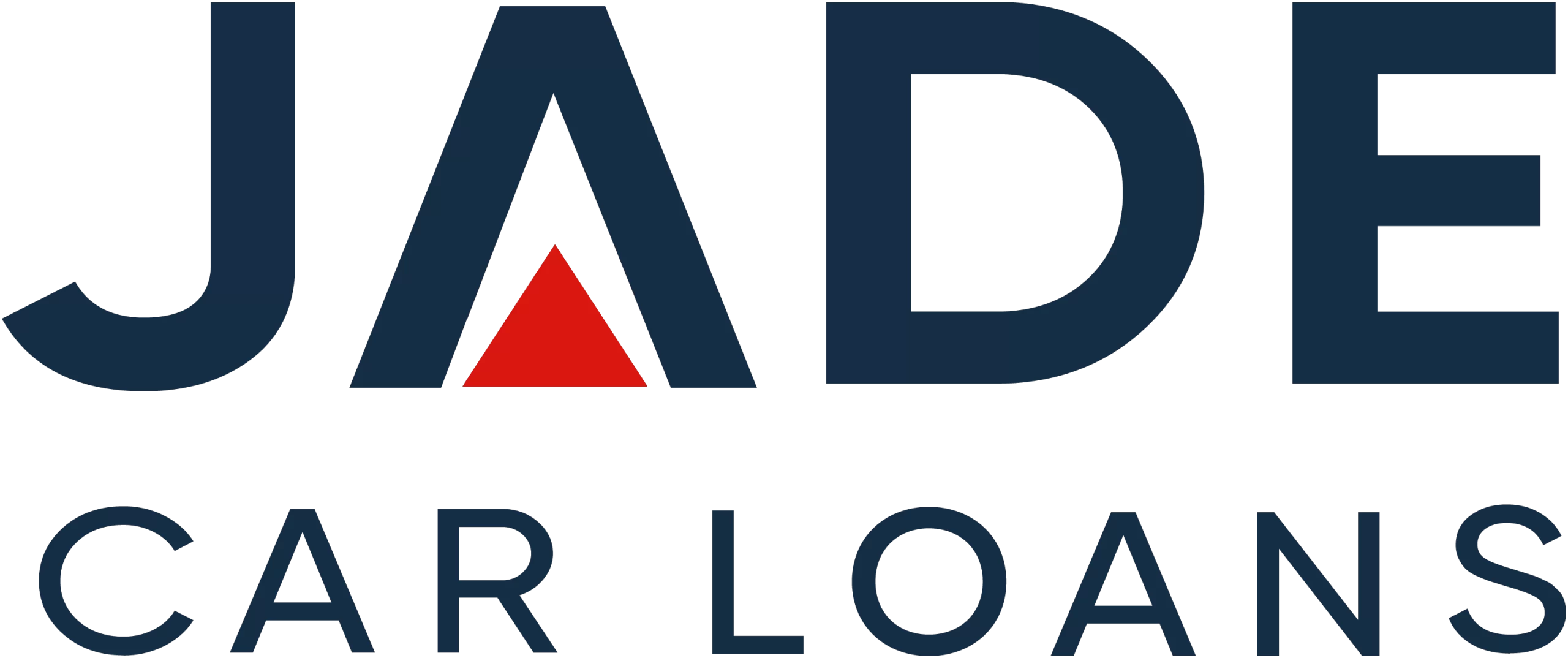There has been a lot of talk and focus on interest rates this year. Specifically the Reserve Bank increasing what is known as the official cash rate. Following each of these increases, the media coverage tends to focus on the outcomes for home mortgages. For those considering buying a new car with finance, this may have caused some confusion as to how these cash rate rises actually affect car loan interest rates.
Queries and confusion can exist around whether or not there is any impact; if existing car loans will change; and most importantly, how buyers can source the cheapest car loan interest rates. To assist car buyers, this article explains the connection between RBA cash rate changes and car loan interest rates with information on how to secure cheaper car finance rates.
Official Cash Rate: Explainer
The specific definition of a country’s official cash rate is the ‘market interest rate on overnight funds’. In simple terms, it’s the interest rate that banks pay on their overnight borrowings.
The central bank of each country sets the official cash rate. In Australia, the central bank responsible for setting the cash rate is the Reserve Bank of Australia. The cash rate forms part of setting Monetary Policy which is the responsibility of the RBA. The bank operates under the Reserve Bank Act of 1959 with objectives of maintaining stability in the country’s currency, maintaining full employment and Australia’s economic prosperity. More can be read on Monetary Policy at the RBA website.
Monetary policy settings and the cash rate are established according to the economic conditions at the time. The Board of the RBA meets on the first Tuesday of each month, except for January, to make a decision on the cash rate. Whether to increase, cut or keep the rate on hold. The Board assesses the recent data such as inflation figures, unemployment as well as global issues which can or have potential to impact Australia’s position.
What triggers changes to the cash rate?
The cash rate is determined by the RBA Board based on analysis of the economic data. Inflation and unemployment are key aspects for consideration. When the economy is seen as requiring a stimulus, the cash rate can be cut. This makes borrowing money more attractive, or as the RBA tends to put it, more accommodative.
This was the case during the start of the COVID-19 pandemic when a worst-case scenario for the economy was a possibility. The economy needed to keep moving and lower interest rates were seen as a way to attract businesses especially to continue investing in assets with finance. The lower rates also seen as attracting individuals to make major purchases.
Over 2020 and 2021, the RBA cut the cash rate to the lowest ever – a historic low of just 0.1% The RBA cash rate cuts were followed by cuts in interest rates in many lending markets. This was especially of note in the housing market with home loan rates dropping to record low levels but also prevalent across other areas including motor vehicle finance.
But the Australian economy bounced back faster than expected from the pandemic and many people had plenty of funds stored after extensive periods in lockdown. This led to a large increase in demand. But there were supply chain disruptions globally which impacted the availability of many goods in Australia.
This simplistic explanation essentially led to soaring inflation. Prices rising as strong demand was not being met by the constrained supply scenario. So the RBA needed to act and return interest rates to more normal, pre-pandemic levels. They needed to raise the cash rate to slow down demand and control inflation. At the same time, unemployment levels were at near-record lows.
At the moment, inflation is at one of the highest rates seen in decades. The RBA has lifted the cash rate each month since May 2022 but still expects inflation to increase further before starting to fall next year. So more increases in the cash rate are to expected from the RBA over the coming period as they adhere to their policy of bringing inflation back to the target of 2-3% from the current level of over 7%.
Outcomes for Car Loan Lenders
As the cash rate is a rate charged to lenders on their borrowings, it follows that any change in that interest rate would result in the banks and other lenders adjusting the rates they charge on their finance products accordingly. This includes lenders in the motor vehicle finance market.
We tend to see immediate changes to home loans as a result of cash rate changes, but decisions re car loan interest rates may happen at a different pace and amount. Lenders are not bound by RBA decisions. Each can make its own decisions and may be based on a range of factors including their interest in being highly competitive in the car loan area. Some lenders may change rates at different times to RBA decisions on the basis of forecasts by their own economists and analysts.
The individual decisions by lenders around setting rates leads to variations in commercial car finance rates. An issue which can create hard work for car buyers trying to find the cheapest rate and the best loan to suit their circumstances.
The solution to that situation can be to engage a specialist motor vehicle finance broker such as Jade Car Loans. We have accreditation with multiple lenders which means we have the lender’s approval to source loans through them for our customers. With access to so many lenders and with our expert industry intel, we have the ability to identify which lender is currently offer the best deals on car loans and deliver those cheaper rates and better loans tour customers.
Existing Car Loans
When changes are made to interest rates, either through cash rate changes and/or from individual lenders, this does not automatically trigger a change to those that already have car loans. Any change will depend on whether the loan has a fixed or a variable interest rate. Fixed interest rate car loans have an interest rate which remains unchanged for the full term. Variable rate loans, including no doc car loans Australia, on the other hand, can be subject to rate changes by the lender.
For our Secured Car Loan, which suits most buyers, we secure a fixed interest rate so our customers can be assured that their loan won’t change when the cash rate or lender rates change.
Achieving Cheapest Car Loan Interest Rates
While the cash rate is a starting point for many lenders to set their own rates, the individual’s creditworthiness is the major determinant of what rate they will be offered. Loan applicants, including those looking for abn holder car finance, may increase their prospects of being offered a cheaper rate by maintaining a good credit profile. Using our services can also assist as our consultants have the bargaining power to negotiate with our lenders on rates.
The topic of the cash rate and implications for car loan interest rates is quite complex, but hopefully we have shed some light on the issue and simplified the process for those seeking new car loans.
Contact Jade Car Loans 1300 000 003 for cheaper car loans
DISCLAIMER: IN REGARD TO MISREPRESENTATIONS AND ERRORS CONTAINED IN THE MATERIAL AS PRESENTED, LIABILITY IS NOT ACCEPTED. THE DETAILS AND CONTENT IS PROVIDED FOR CAR BUYERS AND INDIVIDUALS AND BUSINESS SEEKING FINANCE PURELY AS GENERAL INFORMATION. THIS IS NOT PROVIDED AS THE ONLY SOURCE OF FINANCIAL INFORMATION. ANYONE THAT CONSIDERS THAT NEED FINANCIAL ADVICE ABOUT THEIR SPECIFIC REQUIREMENTS SHOULD SEEK THEIR OWN FINANCIAL ADVISOR.


 " alt="">
" alt="">